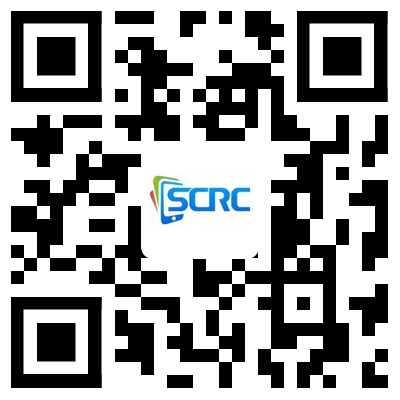How to check the phone battery? What should I do if the battery is broken? Don't worry, there is a good thing like a battery repair machine
2024-02-23
A battery repair machine refers to a device or equipment used to diagnose, test, and potentially repair rechargeable batteries. These machines are commonly employed for batteries used in various electronic devices, vehicles, and renewable energy systems. The specific features and capabilities of a battery repair machine can vary depending on its intended use and the types of batteries it is designed to handle.

Key functions and features of a battery repair machine may include:
Battery Testing: These machines often include testing capabilities to assess the health and performance of a battery. This can involve measuring parameters such as voltage, current, capacity, and internal resistance.
Battery Charging and Discharging: Some battery repair machines are equipped with charging and discharging functions. They can charge a battery to its full capacity or discharge it to assess its performance under different conditions.
Capacity Testing: Capacity testing is crucial for determining the amount of charge a battery can store and deliver. Battery repair machines may conduct capacity tests to evaluate the state of a battery's health.
Reconditioning: In some cases, battery repair machines claim to have reconditioning capabilities. Reconditioning involves processes or algorithms designed to restore some of the lost capacity or performance in a battery. However, the effectiveness of such processes can vary, and not all batteries can be successfully reconditioned.
Battery Analysis and Reporting: Many battery repair machines provide detailed analysis and generate reports on the condition of the battery. This information can be valuable for technicians and users to make informed decisions about whether a battery needs replacement or if it can be restored.
Compatibility with Various Battery Types: Battery repair machines are often designed to work with a range of battery chemistries and types, such as lead-acid batteries, lithium-ion batteries, nickel-metal hydride (NiMH) batteries, and others.
Safety Features: Safety is a crucial aspect when working with batteries. These machines may incorporate safety features to protect against overcharging, overheating, and other potential hazards.
It's important to note that while some battery issues can be addressed by these machines, not all batteries can be repaired, especially if they are physically damaged or have reached the end of their usable life. Additionally, caution should be exercised when attempting to repair or recondition batteries, as improper handling can lead to safety risks. Always follow manufacturer guidelines and safety recommendations when using battery repair equipment.



